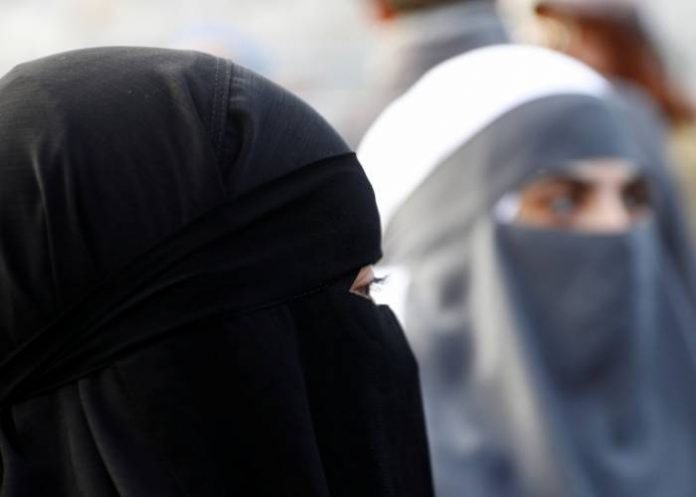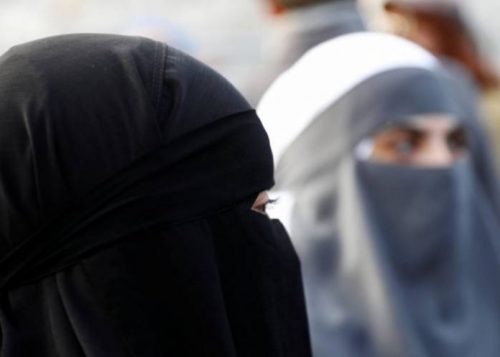
A referendum in Switzerland’s northeastern St Gallen region is considering introducing a ‘burqa ban’ that would prohibit all face-covering garments in public spaces in the area.
Voters will go to the polls over the proposed law on Sunday, and the region is expected to follow the example of the southern canton of Ticino, where a law was introduced two years ago targeted burqas and other Muslim coverings.
A text stipulating that “any person who renders themselves unrecognisable by covering their face in a public space, and thus endangers public security or social and religious peace will be fined” was adopted by lawmakers in St Gallen late last year.
The text, first drafted following uproar in the canton over a girl who wore a full-face veil to school, is problematic, according to Fredy Fassler, a socialist in charge of security and justice in St Gallen.
It does not define when a woman wearing a burqa constitutes a danger, and critics “worry the sanctions will be unpredictable and arbitrary”, he told the daily newspaper, Le Temps.
The law passed the regional parliament with support from populist parties.
Now the issue is going up for public approval after the Green Party and Young Socialists demanded a referendum.
Switzerland’s government last year opposed an initiative aimed at creating a nationwide burqa ban, saying it should be up to the regions to determine if such measures are appropriate.
Early this year two local papers conducted a survey that found that 76 percent were in favour of effectively banning the burqa, compared to 20 percent against and three percent with no view on the issue, according to local reports.
In 2009 the country approved a ban on the construction of minarets at mosques, attracting worldwide attention.



Comment here